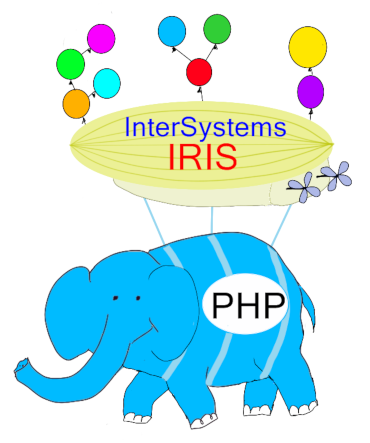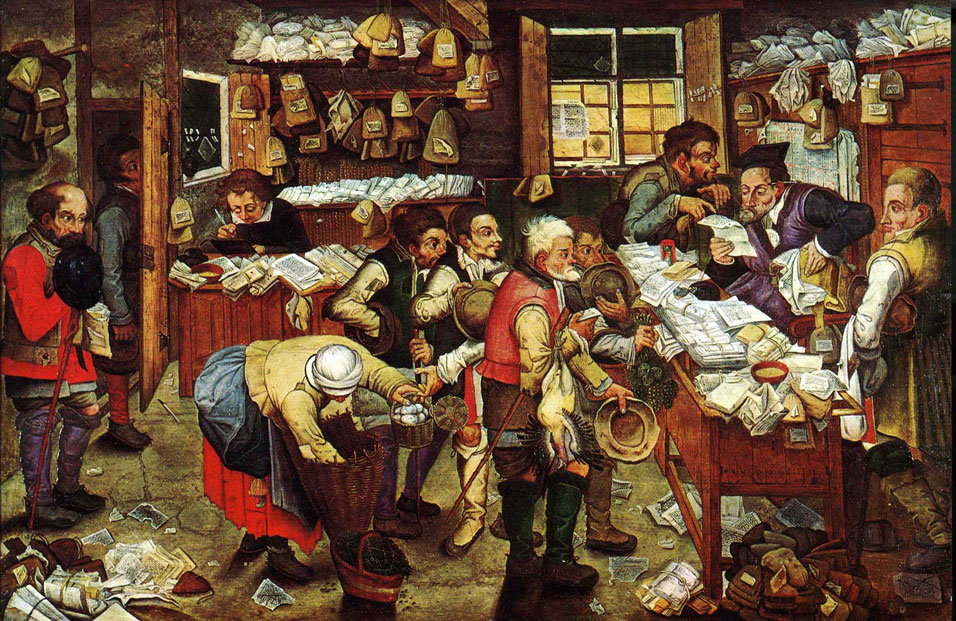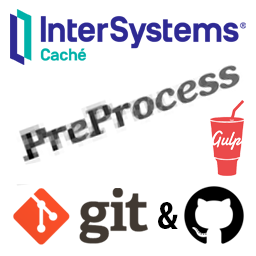I'm not saying that this is in anyway "best practices," but I'm in a peculiar situation where I need to restrict users from starting a "retired" Ensemble Production in a namespace that's been renamed. It's still an "Ensemble-activated" namespace; we need to keep it available for Ensemble Message Viewer access ... fortunately, only for a little while.
It's a bit of a hack ...
Open the Production class in Studio and add the following classmethod:


 PHP, from the beginning of its time, is renowned (and criticized) for supporting integration with a lot of libraries, as well as with almost all the DB existing on the market. However, for some mysterious reasons, it did not support hierarchical databases on the globals.
PHP, from the beginning of its time, is renowned (and criticized) for supporting integration with a lot of libraries, as well as with almost all the DB existing on the market. However, for some mysterious reasons, it did not support hierarchical databases on the globals.
 After many sleepless nights it's a pleasure to announce the newer, better, moderner ObjectScript compiler which implemented pretty much everything you ever wanted to have in
After many sleepless nights it's a pleasure to announce the newer, better, moderner ObjectScript compiler which implemented pretty much everything you ever wanted to have in 
